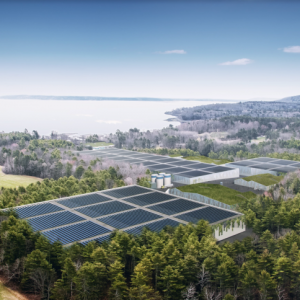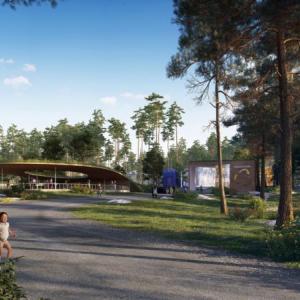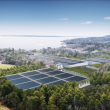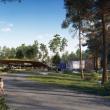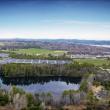Nordic Aquafarms to pursue state, local approval for 40-acre Belfast salmon farm
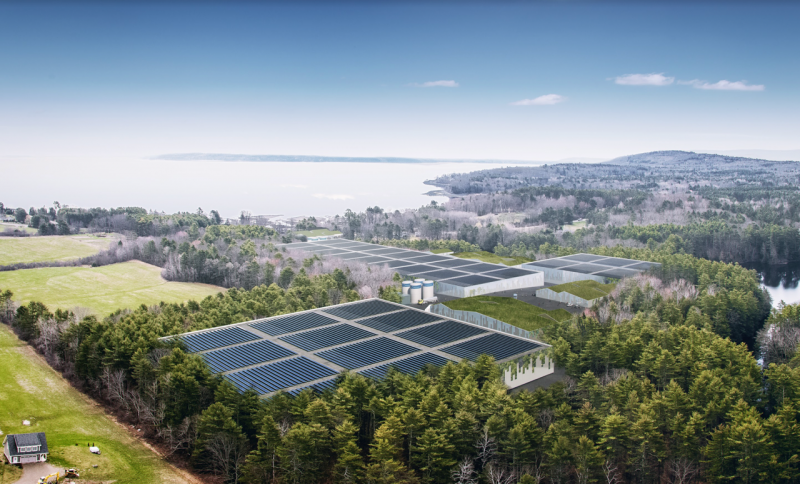 Digital renderings of the proposed land-based salmon growing facility in Belfast. (Image courtesy Nordic Aquafarms)
Digital renderings of the proposed land-based salmon growing facility in Belfast. (Image courtesy Nordic Aquafarms)
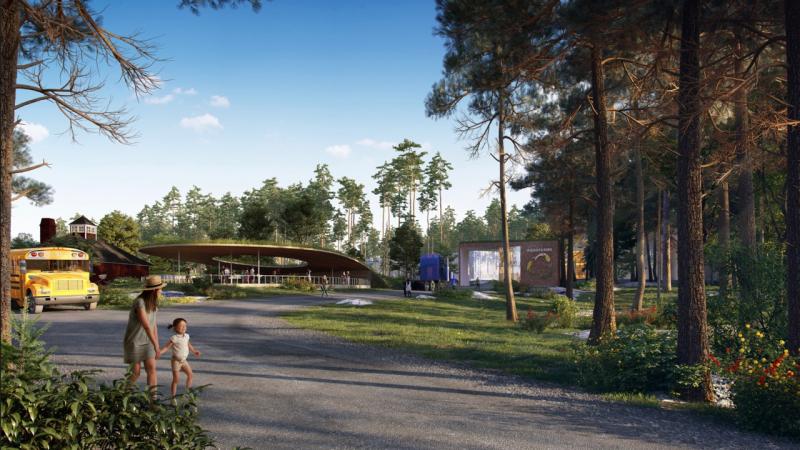 Digital renderings of the proposed land-based salmon growing facility in Belfast. (Image courtesy Nordic Aquafarms)
Digital renderings of the proposed land-based salmon growing facility in Belfast. (Image courtesy Nordic Aquafarms)
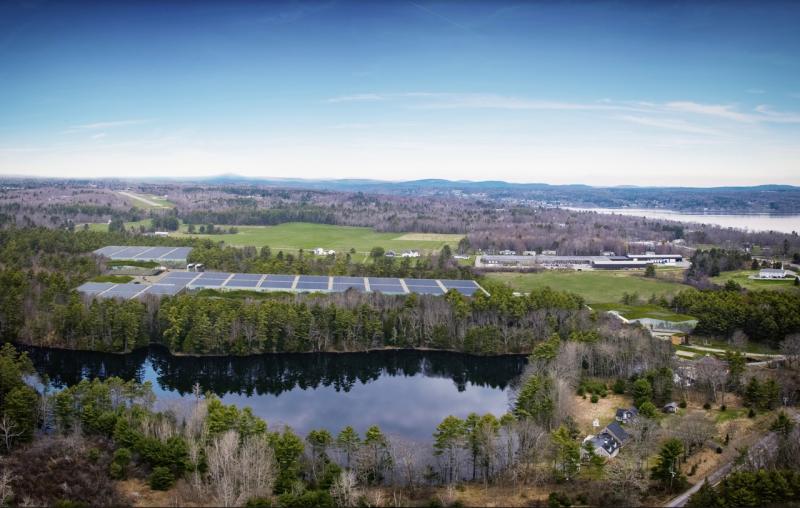 Digital renderings of the proposed land-based salmon growing facility in Belfast. (Image courtesy Nordic Aquafarms)
Digital renderings of the proposed land-based salmon growing facility in Belfast. (Image courtesy Nordic Aquafarms)
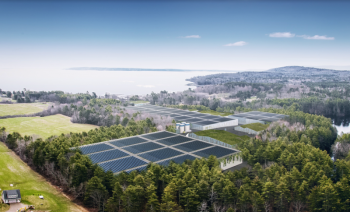 Digital renderings of the proposed land-based salmon growing facility in Belfast. (Image courtesy Nordic Aquafarms)
Digital renderings of the proposed land-based salmon growing facility in Belfast. (Image courtesy Nordic Aquafarms)
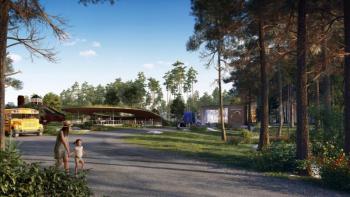 Digital renderings of the proposed land-based salmon growing facility in Belfast. (Image courtesy Nordic Aquafarms)
Digital renderings of the proposed land-based salmon growing facility in Belfast. (Image courtesy Nordic Aquafarms)
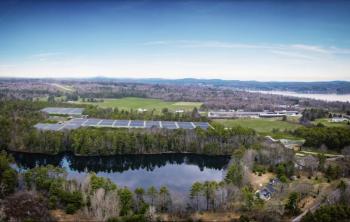 Digital renderings of the proposed land-based salmon growing facility in Belfast. (Image courtesy Nordic Aquafarms)
Digital renderings of the proposed land-based salmon growing facility in Belfast. (Image courtesy Nordic Aquafarms)
BELFAST – In a May 9 news release, Nordic Aquafarms announced its intentions to proceed with permit applications to construction and operate a land-based salmon farm on 40 acres in Belfast.
CEO Erik Heim said a at a public information that the company will proceed with pre-engineering and preparation the various state and local permit applications that will be necessary for the company to begin construction next year on the first phase of the project.
The company circulated artist renderings of the proposed project, along with the press release.
“We have confirmed that necessary conditions are in place on the site for our planned aquaculture production, including the availability of clean, abundant and sustainable groundwater from test wells,” said Heim, in the release. “We now have over 90 percent confidence related to site conditions and requirements and as a result will be moving ahead with engineering and permitting.”
Heim called Nordic Aquafarms’ venture a “green facility with soft integration into the landscape.”
Nordic Aquafarms INC was incorporated in Delaware in 2017 as the legal entity for our US business operations, according to the company’s website. In Belfast, the company hopes to build an operate an indoor, land-based salmon farm with a 33,000-ton annual production.
Heim said he is moving to Maine and establishing, in Portland, a U.S. subsidiary of the Fredrikstad, Norway-based, privately-held company. The Belfast venture will be the company’s first U.S. subsidiary.
Nordic Aquafarms claims it is “developing disruptive sustainable fish farming practices for the future to deliver super fresh high-quality seafood to regional markets, with a low environmental impact,” and that, ”the company´s shareholders include some of the most prominent investors in the Norwegian industrial and shipping sectors.”
Phase 1 of the proposed Belfast venture calls for 2019 construction of a facility that houses the indoor production in large tanks and water treatment systems. They are “to recycle and treat water on site to reduce overall water consumption, recycling of waste resources, the prevention of sea lice and parasites, the elimination of fish escape into the sea and co-mingling with wild species, the application of renewable energy concepts, and a shorter distance to market for a high quality, fresh product, reducing the carbon footprint of air and land transport.”
Event Date
Address
United States

